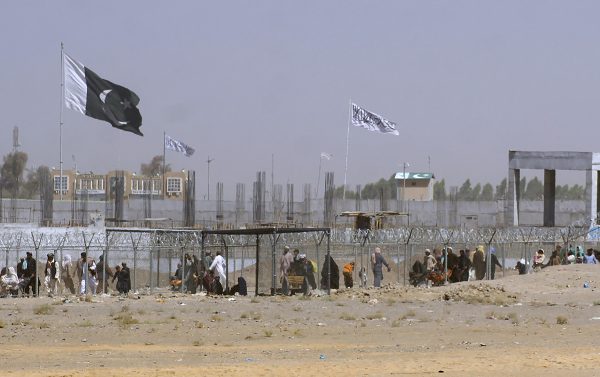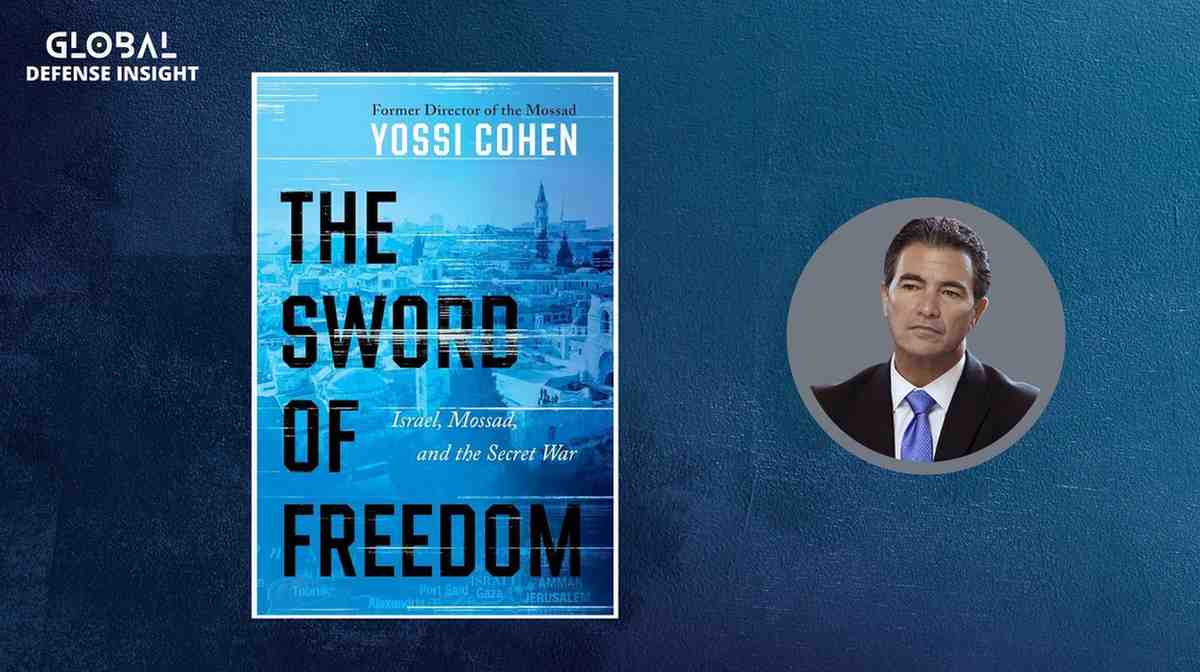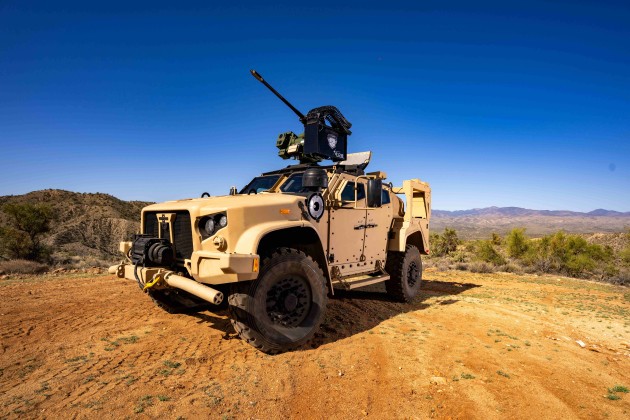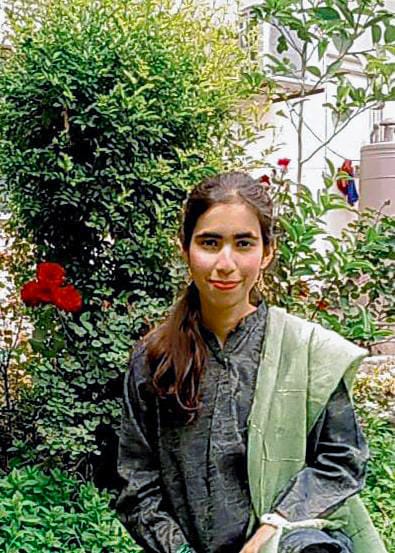Following Pakistan’s independence in 1947, relations between the two countries became complex and controversial. The two countries’ main grounds of dispute were Pakistan’s UN membership, closer links with India, and Afghan opposition to the Durand Line deal signed by the British and Kabul. According to Shah and Hussain, the border conflict and Pashtunwali concerns continued to fuel hatred between Pakistan and Afghanistan. Pakistan thus partnered with the Islamists in Afghanistan, albeit it wasn’t until 1996 that the value of having a friendly administration in Kabul became clear. The 1979 Soviet invasion of Afghanistan drew attention to the Pak-Afghan region, where the US organized and launched the fight against the Soviet Union from Pakistani soil. The orthodox Islamists were able to capture control of Afghanistan by exploiting the power vacuum left by the Mujahedeen’s internal war. Following the Soviet exit in 1989, the Afghan Taliban took control of the country with the assistance of Pakistan. Except for 1996-2001, the two have had strained relationships. In a post-9/11 world, Pakistan reluctantly joined the fight against the Afghan Taliban, which it had sponsored and developed. Pakistan, like all of Afghanistan’s neighbors, supported the US-Taliban Peace Talks, which included the US withdrawing all of its troops. Pakistani authorities expressed concern over the fast departure of American forces following a comprehensive agreement between the Taliban and the Afghan government.
An increase in terrorism that puts the safety and security of the Afghan people at risk has been linked to the Taliban’s rise to power in that country. The climate that the Taliban’s occupation of Afghanistan has produced is more likely to be the cause of the reappearance of terrorist groups like Al Qaeda and ISIS in that country, according to research by the Institute for the Study of War (ISW). “Terrorism and insecurity in Afghanistan have had spillover effects on the economies of the region, particularly Pakistan,” according to a different World Bank assessment. There was a general perception in Pakistan following the US withdrawal from Afghanistan that the Taliban’s ascent in that country would help them combat the TTP’s challenges.
This notion was quickly abandoned as the Taliban had not lived up to their counterterrorism pledges and assisted the TTP. Concerns about the Taliban’s ties to terrorist organizations and Afghanistan’s role as a haven for them were shared by regional and international players. Terrorist groups, like the Taliban, have a history of organizing, planning, and carrying out assaults on Pakistani territory from Afghan territory. Pakistan has chosen to erect a border fence on its own since, for the past 20 years, terrorism has been an issue for both Pakistan and Afghanistan. Faced with rising terrorism, the Taliban’s dissatisfaction with the domestically recognized boundary has led to conflicts between the two governments.
The already tense relations between Pakistan and Afghanistan have been severely impacted by the disorganized US pullout. Pakistan has made steps to help the US and the Taliban negotiate, but the US withdrew quickly, leaving Pakistan feeling abandoned and subject to unjustified criticism. Pakistan was left to deal with socio-economic and political fallout, which has further strained relations between the two governments. The TTP and refugee crises have exacerbated the unrest, with Pakistan accusing the Taliban government of providing support and sanctuary to the terrorist group. The TTP reappeared after the Afghan Taliban’s tactical win, using it as an opportunity to reorganize and establish Shariah law in Pakistan. In addition to giving TTP a new lease on life, the Taliban’s comeback has raised the possibility that other terrorist groups, like Al Qaeda and IS-K, may have sleeper cells. The primary cause of the worsening ties is the rise of cross-border strikes, which have reached 51%. Pakistan has resorted to what Zalmay Khalilzad called “coercive diplomacy” in response to charges and denials by repatriating Afghan refugees who have been involved in militant activities. Afghan officials describe the conduct as “unilateral” and “humiliating.”
In a recent development, India demonstrated support and promised to carry on and complete ongoing projects in Afghanistan; the Taliban would not profit from India’s deterrent since it had previously had cordial ties with the governments of Karzai and Ghani. Over the years, Pakistan has been concerned about Indian-sponsored terrorism within the country through the TTP and BLA, among other terror groups. Both terrorist groups have expanded their evil activities since Kabul fell, killing a large number of innocent people in the process. Up to 226 security personnel may have died as a result of nearly 176 attacks against security forces carried out by the BLF alone in 2021. In contrast, the BLA had carried out 38 strikes in Karachi and Baluchistan. As per UN intelligence in 2023, the TTP is the largest terrorist organization with an estimated 6000 fighters in Pakistan and Afghanistan.
In conclusion, Pakistan finds itself at a crossroads where it cannot afford to lose an allying regime in Afghanistan while the Taliban continues to hold the country’s top security worry, Tehreek-e-Taliban Pakistan. The TTP’s capacity to operate and seek refuge in Afghanistan under Taliban rule exacerbates Pakistan’s security concerns, forcing a delicate balance in its approach to its neighbor. Thus, Pakistan faces a complicated geopolitical landscape in which negotiating its relationship with Afghanistan and managing internal security challenges is critical to securing its stability and security in the area.

Aamnah Fatima Khan
Aamnah Fatima Khan is an aspiring scholar pursuing a degree in Defense and Diplomatic Studies at Fatima Jinnah Women's University. Her academic focus lies in understanding the realms of politics of terrorism, the strategic dynamics shaping South Asia, and the complex dynamics of Pak-Afghan relations. She can be reached at aamnahfk329@gmail.com
- This author does not have any more posts.












